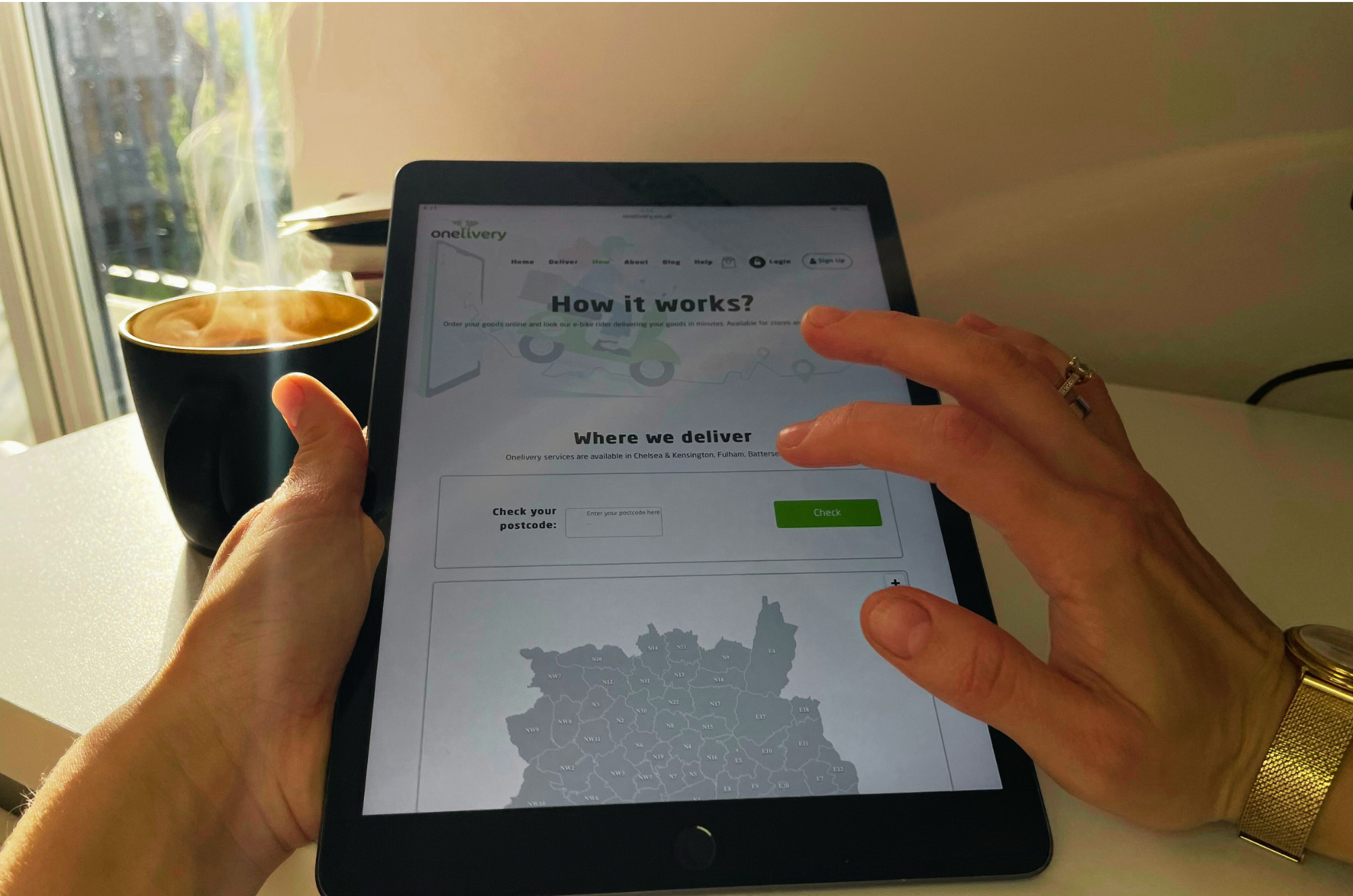The NHS delivers over 1.2 billion prescription items each year. With an ageing population and increasing demand, traditional delivery methods are becoming costly, inefficient, and unsustainable. Enter smart delivery systems—a digital-first approach that is transforming how medicines, medical supplies, and essential healthcare equipment reach patients.
By embracing automation, AI-driven logistics, and eco-friendly transportation, the NHS is not just cutting costs but also reducing its carbon footprint. But what exactly are smart delivery systems, and why are they critical for the future of healthcare?
What Are Smart Delivery Systems?
Smart delivery systems use advanced logistics technology to optimise how medical supplies are transported, stored, and distributed. These solutions leverage: AI-powered route optimisation to reduce fuel consumption and delivery times. Automated inventory tracking to prevent medication shortages and waste.
Drones and electric vehicles for faster, greener deliveries in urban and rural areas. Contactless medication dispensers to improve access to prescriptions, reducing strain on pharmacies.
By integrating these digital solutions, the NHS can enhance efficiency, minimise delays, and ultimately improve patient care.
Cutting Costs Without Cutting Care
Logistics inefficiencies cost the NHS millions each year. Expensive courier services, unnecessary storage, and manual processes add up—draining resources that could be better spent on frontline care.
By adopting smart logistics solutions, the NHS can significantly reduce operational expenses while maintaining or even improving service quality. Studies have shown that optimising healthcare delivery networks could lead to up to 20% savings in logistics costs, freeing up funds for more essential services.
Additionally, automating supply chains ensures that medical professionals receive the right resources when they need them, preventing critical shortages and delays that could impact patient outcomes.
A Greener Future: Reducing the NHS’s Carbon Footprint
The NHS has committed to achieving net zero emissions by 2040, and logistics play a key role in this effort. Switching from traditional fuel-based transport to electric vehicles and drones can drastically cut CO₂ emissions.
For example, a study by the NHS Sustainable Development Unit found that healthcare logistics contribute up to 5% of the NHS’s total emissions. By implementing low-emission delivery methods, such as bicycle couriers for urban prescriptions and drone deliveries for remote areas, the NHS can take a major step toward its environmental goals.
How Onelivery Supports the Future of NHS Logistics
At Onelivery, we are committed to transforming healthcare logistics with innovative and sustainable delivery solutions. Our AI-powered dispatch system ensures that medical supplies reach patients and healthcare providers efficiently, reducing delays and costs. By partnering with forward-thinking pharmacies and healthcare providers, Onelivery helps to create a faster, greener, and more cost-effective healthcare delivery network—supporting both the NHS’s digital transformation and its sustainability objectives.
As the healthcare sector continues to evolve, smart delivery systems will be at the forefront of change. The question is no longer if these innovations will be widely adopted, but how quickly we can implement them to build a more efficient and sustainable healthcare system.









